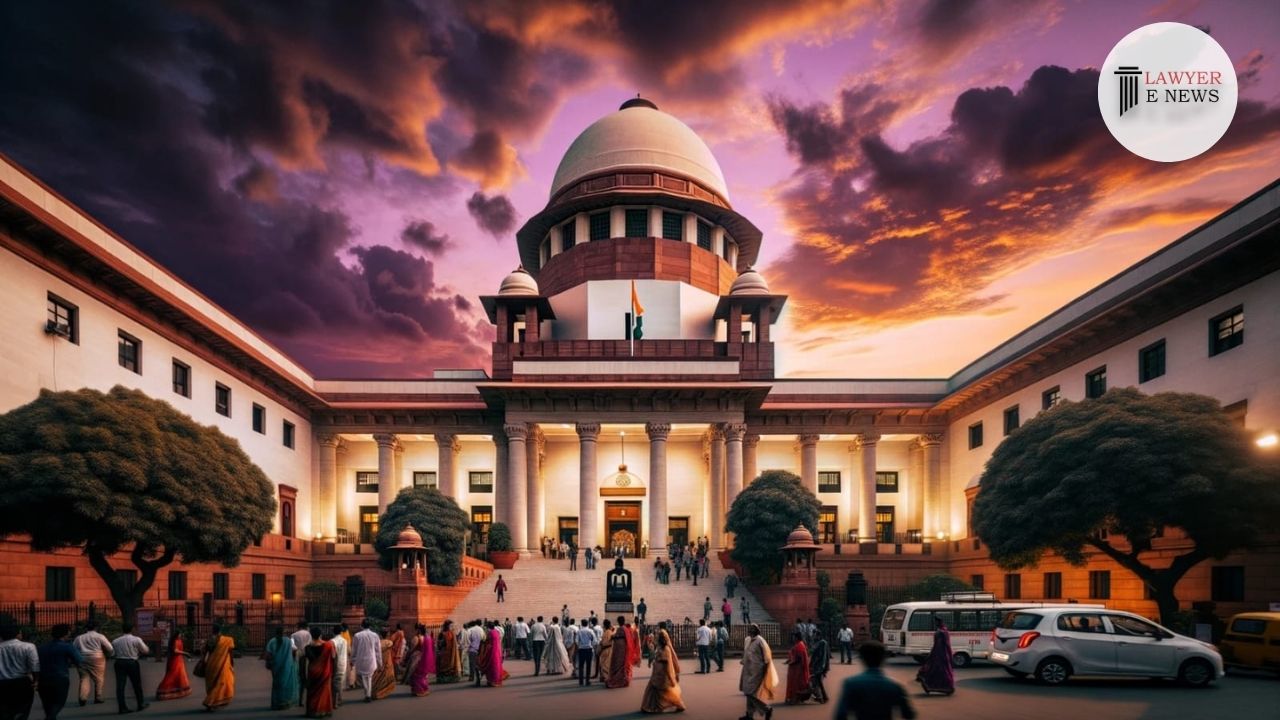-
by Admin
15 February 2026 5:35 AM



In a significant ruling, the Supreme Court addressed the contentious issue of depreciation calculation in insurance claims, particularly focusing on the enforcement of the Reinstatement Value Clause within an insurance policy. The court upheld New India Assurance Company Ltd.'s (NIACL) decision to apply a 60% depreciation rate, rather than the 32% initially determined by surveyors, for property damaged by fire at Tata Steel Ltd. (formerly M/s Bhushan Steel and Strips Ltd).
Following a fire incident that destroyed its '20 Hi Cold Rolling Mill' on December 12, 1998, Tata Steel lodged a hefty claim of Rs. 35.08 crores. Although initial assessments by surveyors appointed by NIACL recommended a depreciation rate of 32%, subsequent reevaluations prompted NIACL to revise this rate to 60%, leading to a protracted legal battle that reached the Supreme Court.
Reinstatement Value Clause Inclusion: The Supreme Court confirmed the incorporation of the Reinstatement Value Clause in the insurance policy after rejecting Tata Steel's contention that it was not part of the policy, thereby emphasizing its critical role in the settlement process.
Assessment of Depreciation: The justices extensively reviewed the survey reports and methodologies employed in adjusting the depreciation rate from 32% to 60%. The court found the final adjustment to 60% by NIACL justified, based on comprehensive reassessments and expert advice that underscored a realistic depreciation considering the machinery's condition and operational lifespan.
Procedural Validity of NIACL’s Actions: The Court validated NIACL's procedural approach in reassessing the depreciation rate. It dismissed Tata Steel's arguments that the revised depreciation lacked a healthy basis, highlighting that NIACL had adhered to established insurance practices and conducted detailed reassessments that informed its final decision.
Judgment: The apex court's decision allowed NIACL's appeal, thus setting aside the earlier order of the NCDRC which had only partially favored Tata Steel by endorsing a lower depreciation rate. By confirming the depreciation rate at 60%, the court upheld that NIACL's settled amount of Rs. 7.88 crores was appropriately calculated as per the terms of the insurance policy.
Date of Decision: April 30, 2024.
New India Assurance Company Ltd. v. M/s Tata Steel Ltd.
